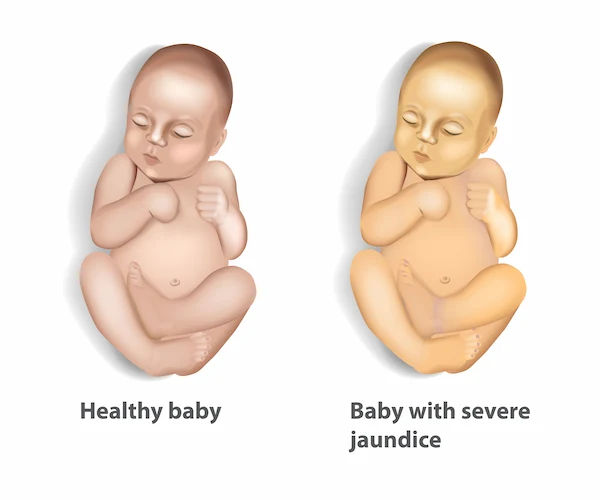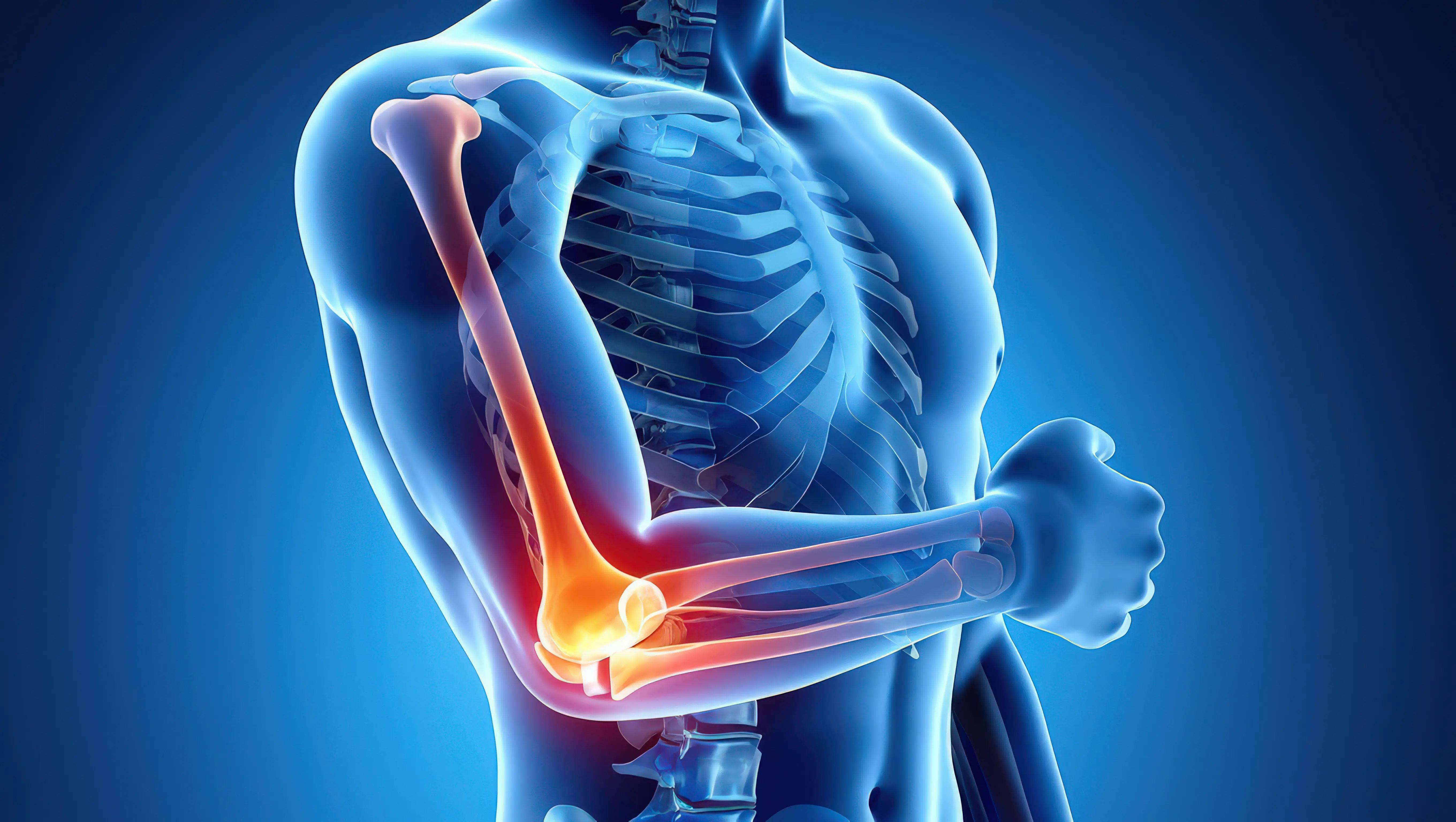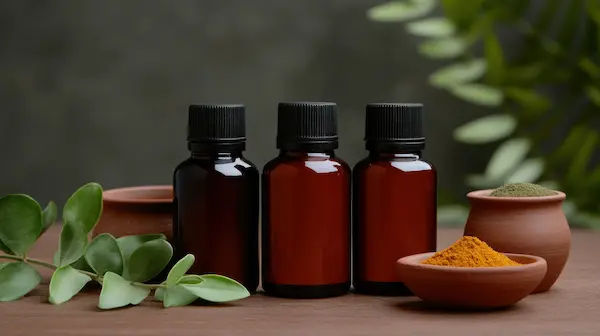Understanding the Impact of Trans Fats
Know about the impact of trans fats, what they are, common foods containing trans fats and how to reduce trans fat in the diet.

Written by Dr. Vasanthasree Nair
Reviewed by Dr. Rohinipriyanka Pondugula MBBS
Last updated on 18th Aug, 2025

Introduction
Have you ever wondered why some foods taste so good but aren’t good for your health? One major culprit is trans fats—a type of unhealthy fat found in many processed foods. While they make food crispy and long-lasting, they can silently harm your heart and overall health.
In this article, we’ll break down what trans fats are, why they’re harmful, and how you can avoid them to stay healthy.
What Are Trans Fats?
Trans fats are a type of unsaturated fat that undergoes a process called hydrogenation, which turns liquid oils into solid fats. This makes them last longer on shelves and gives foods a desirable texture.
There are two types of trans fats:
1. Natural trans fats – Found in small amounts in meat and dairy from animals like cows and sheep. These are less harmful.
2. Artificial trans fats – Created industrially and added to processed foods like fried snacks, baked goods, and margarine. These are the dangerous ones.
Consult a Nutritionist for Personalised Advice
Why Are Trans Fats Harmful?
Trans fats are considered one of the worst types of fats because they:
Raise bad cholesterol (LDL) – This increases the risk of heart disease.
Lower good cholesterol (HDL) – HDL helps remove bad cholesterol, so reducing it worsens heart health.
Causes inflammation – Linked to diabetes, obesity, and stroke.
Increase insulin resistance – Raises the risk of Type 2 diabetes.
Even small amounts of trans fats can have a negative impact over time.
Common Foods High in Trans Fats
Many everyday foods contain trans fats, including:
Fried foods – French fries, fried chicken, samosas, and pakoras.
Baked goods – Cookies, cakes, pastries, and doughnuts.
Margarine and shortening – Often used in baking and cooking.
Processed snacks – Chips, crackers, and microwave popcorn.
Ready-to-eat meals – Some frozen pizzas and instant noodles.
Always check food labels for "partially hydrogenated oils" which means trans fats are present.
How to Reduce Trans Fats in Your Diet?
You can take simple steps to avoid trans fats and protect your health:
1. Read Food Labels Carefully
Look for "0g trans fat" on the nutrition label.
Avoid products with "partially hydrogenated oils" in the ingredients list.
2. Choose Healthier Cooking Oils
Use olive oil, canola oil, or sunflower oil instead of hydrogenated oils.
Avoid reusing oil multiple times for frying.
3. Eat More Whole, Unprocessed Foods
Fresh fruits, vegetables, whole grains, nuts, and lean proteins are naturally trans-fat-free.
4. Limit Fast Food and Packaged Snacks
Opt for homemade meals and snacks whenever possible.
5. Bake and Cook at Home
When you prepare food at home, you control the ingredients and avoid harmful fats.
Healthier Alternatives to Trans Fat Foods
Instead of:
Fried snacks → Try roasted nuts or baked chips.
Store-bought cookies → Make oatmeal or whole-wheat cookies at home.
Margarine → Use butter (in moderation) or avocado as a spread.
Small changes can make a big difference in your long-term health!
When to See a Doctor?
If you’ve been consuming a lot of trans fats and are concerned about your heart health, watch for symptoms like:
Chest pain
Shortness of breath
High cholesterol levels
Unexplained weight gain
A doctor can check your cholesterol levels and recommend dietary changes or treatments if needed.
Need a consultation? You can book an appointment with a nutritionist or cardiologist through Apollo 24|7 for personalised advice.
Final Thoughts
Trans fats may make food tasty, but they come with serious health risks. By being mindful of what you eat and making small, healthy swaps, you can protect your heart and overall well-being.
Consult a Nutritionist for Personalised Advice
Consult a Nutritionist for Personalised Advice
Dr. Sasikamalam
General Practitioner
1 Years • MBBS
COIMBATORE
Apollo Sugar Clinic Coimbatore, COIMBATORE
Dr Sumanth R
General Physician
2 Years • MBBS
Bengaluru
PRESTIGE SHANTHINIKETAN - SOCIETY CLINIC, Bengaluru
Dt. Ila Sharma
Clinical Nutritionist
18 Years • Master in food & Nutrition
Gurugram
VIPUL GREENS - SOCIETY CLINIC, Gurugram

Dr. Ramalinga Reddy
General Physician
5 Years • MBBS MD General medicine
Bengaluru
PRESTIGE SHANTHINIKETAN - SOCIETY CLINIC, Bengaluru
Mrs Sneha P V
Nutritionist
10 Years • Master of science in Food and Nutrition
Bengaluru
Apollo Clinic, Sarjapur Road, Bengaluru




